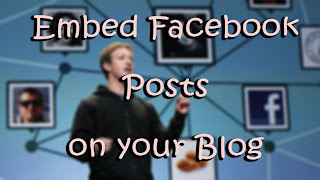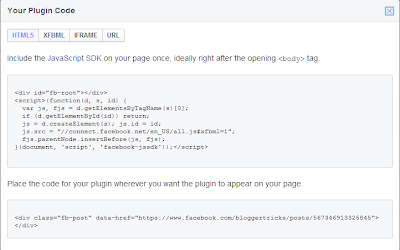Most of bloggers use this word to convince readers to subscribe : subscribe !!
A week and a half ago I had a sudden realization. Subscriptions generally cost money. Think about that for a second. It’s jarring, especially if you’ve spent the past few months or even years incessantly asking your readers to subscribe.
Word Association
The percentage of readers who misunderstand what you mean when you ask them to subscribe is largely dependent on your niche. Readers who know what RSS is probably aren’t confused by the terminology, but most web users have no clue about RSS.
I’ve found that a good measure of reader savviness is a blog’s split between RSS and e-mail subscribers – the higher the percentage of RSS subscribers, the more savvy the readership. I write a blog about entry-level jobs for new college graduates. Despite what you might think of the younger generation, the vast majority of my site’s visitors are not familiar with RSS. 55% of my subscribers get my daily posts through e-mail.
From what I’ve heard from other bloggers this is well above average, and I believe that my percentage of e-mail subscribers would be even higher had less savvy readers not been scared off because they thought “subscribing” would cost them money. These are the readers who think of magazines when they hear “subscribe.”
They think of paying to get something.
Great Theory! Now Back It Up
I use Google Analytics’ outbound click tracking on my blog so that I can analyze the subscription behavior of my readers. This method misses RSS subscriptions from the address bar, but the people who subscribe in that way are probably the most savvy readers and are basically irrelevant to this case study.
Most of my subscribers use one of the two large buttons on my site. The buttons used to include the text “Subscribe by E-mail” and “Subscribe by RSS” along with appropriate graphics. After I had my epiphany, I switched the text to “Get Jobs by E-mail” and “Get Jobs by RSS.”
I instantly saw results.

The above graph shows the trend in clicks to my RSS feed and e-mail subscription buttons for the 8 days prior to the change and the 8 days after the change. My subscription rate has increased 254% since I made the change, and 66% of the new subscribers are e-mail subscribers.
This is in line with my hypothesis that the people who misunderstand the word “subscribe” are the same people who will choose e-mail over RSS. Although they may not be web savvy, these readers are extremely valuable. It is essential in all copywriting that you avoid unclear jargon, even if it’s not jargon to you.
Words Make All the Difference
OK, so I haven’t proven that my readers actually associated the word “subscribe” with paying money. The only way to prove that is by surveying readers.
But I believe I have shown that very small changes in word choice based on well-thought-out theories can have a significant influence on the actions that you urge your readers to take. Whether or not my theory on the connotations associated with the word “subscribe” is accurate is irrelevant. It’s results that matter, and changing one word on my blog has given me outstanding results.
When readers visit my site, I now invite them to “Get Jobs by E-mail.” Brian encourages readers to get “E-mail Updates,” and he did this way before I submitted this article to him.
We have great collection of Best tricks and tutorials, Bloggingtrainings.blogpsot.com is a Blog Providing with Blogger widgets, help, blogger tips, blogger tricks, hacks, Blogger Gadgets,Plugins and Blogger resources with great skills and templates.practical SEO Tips and all things Blogging,is about Blog tricks & tips, Traffic generation, Backlinks, Search engine optimization, Web designing, E money, Social media, Facebook tricks,Blogging Discussion, Tips & Tricks,logging tips, tricks, how-tos, news, tools and resources, bloggingtrainings.blogspot presented in easy to understand tutorials.Keep visiting us if any links is not working or you want sme more help, then keep looging at bloggingtrainings.blogspot.com.or contact us 0323-7591466.





 Selecting the photo album option will display your images in a scattered style (with a view album link below your scattered images),
Selecting the photo album option will display your images in a scattered style (with a view album link below your scattered images),



















